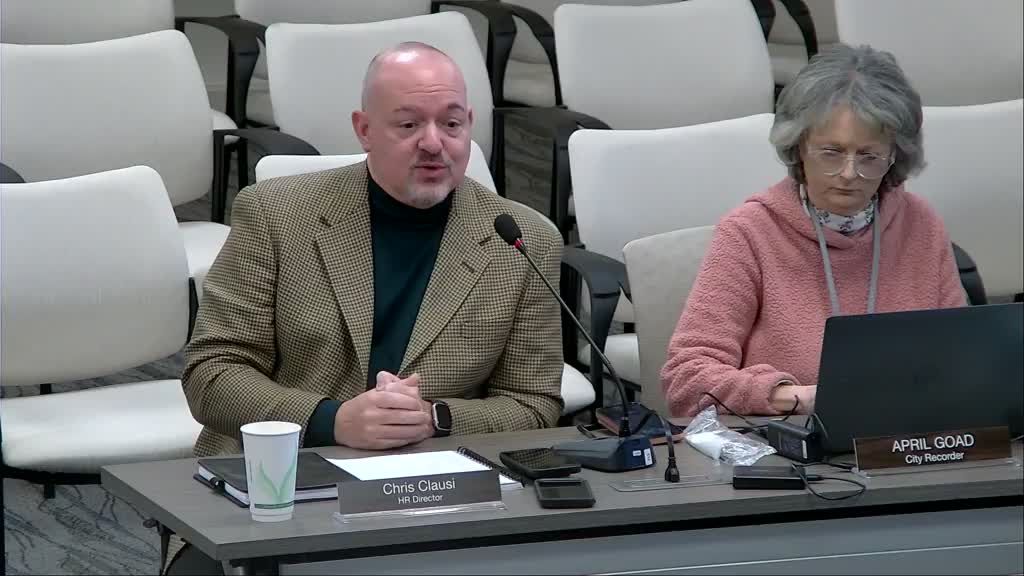Spring Hill finance team flags $150 fund shortfall, general fund bookkeeping gaps and seeks controls
Get AI-powered insights, summaries, and transcripts
Subscribe
Summary
City finance officials told the Board of Mayor and Aldermen that the capital equipment replacement fund (fund 150) shows a roughly $1.5 million shortfall, beginning fund balances were misreported to the comptroller and several accounting processes and software configurations must be fixed before the next budget is finalized.
Rebecca Holden, the city’s finance director, told the Board of Mayor and Aldermen at a Saturday advance session that staff found large discrepancies in the city’s accounting and that she and her team have paused nonessential purchases while they reconcile records.
Holden said the capital equipment replacement fund (fund 150) was submitted to the comptroller with a beginning fund balance that was overstated, and that staff found a roughly $1,500,000 shortfall in that fund. “What was submitted to the comptroller’s office as a beginning fund balance was 3,300,000.0. The actual beginning fund balance was only half a million,” Holden said. She said staff immediately stopped purchases charged to that fund and are developing a plan to reconcile vehicles, insurance and committed balances.
Holden and Chelsea Pearman, the budget manager, also described several other bookkeeping and process problems that must be fixed before the council adopts next year’s budget. Pearman said the new OpenGov budget software has gaps for the city’s needs: the audit trail did not show line‑level edits and the software allowed negative budgets on some lines. “There were several things within OpenGov as far as the setup that we see on our side with user access and audit trail… it doesn’t tell the line item,” Pearman said.
Holden reported that the comptroller’s office reviewed staff’s initial corrective actions and accepted the approach, but did not require retroactive updates for past fiscal years. “They said: ‘Just fix it going forward,’” she told the board, while adding that she had asked the comptroller’s office to review the proposed FY‑26 budget before final submission.
City staff said they have identified operational fixes and staffing needs to reduce risk and improve transparency: clearer budget calendars and deadlines, better separation of duties in finance, more timely completion of comptroller schedules during the budget process, and additional finance positions over the next five years (suggested roles included a purchasing agent, a grants/accounting specialist and a collections specialist).
Holden also presented the administration’s preliminary cost estimates for proposed cost‑of‑living adjustments. Staff provided three COLA scenarios for fiscal planning (2.5%, 3.5% and 4.5%) and noted the models include total compensation costs (salary plus benefits). The board and staff discussed the trade‑offs and asked staff to return with peer comparisons and the effect of COLA choices on the final budget.
What happens next: staff said they will continue to reconcile fund balances, finish the comptroller review steps and deliver departmental budget packets and a proposed calendar for next fiscal year. Holden asked for time to implement improved internal controls, formal handoffs and documented standard operating procedures before the FY‑26 budget is submitted to the comptroller.
